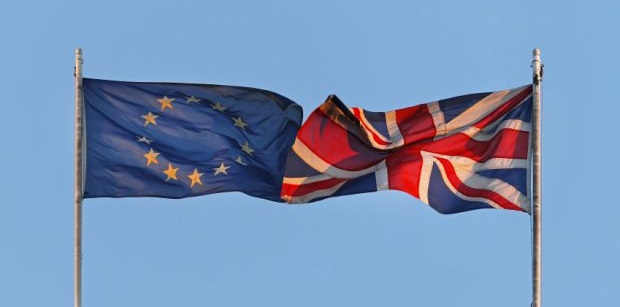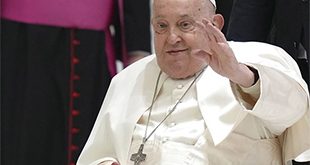
London, United Kingdom | AFP | Will he, won’t he — and can he be stopped? Westminster is abuzz with talk of whether Britain’s new Prime Minister Boris Johnson will use an election to force through his Brexit plan.
Many MPs are deeply opposed to his threat to take Britain out of the European Union without a deal on October 31.
There is speculation that Johnson could call an early election to strengthen his mandate for a no-deal Brexit.
MPs might themselves try to force an election to oust Johnson and further delay Brexit after the House of Commons returns from its summer break on September 3.
However, Johnson would likely control the timing of any election — and could set the date for after Brexit.
– Is a ‘no deal’ Brexit likely? –
Johnson took office on July 24 promising to change the terms of a Brexit deal negotiated by his predecessor, Theresa May, or walk away.
The EU has so far refused to reopen the divorce text, causing both sides to step up preparations for a disorderly split.
– Can parliament stop it? –
MPs have previously voted against a “no deal” Brexit but this remains the default scenario if no divorce agreement is struck with the EU.
Parliament could in the first instance try to pass laws to force the government to delay or even reverse Brexit.
If that fails, the opposition Labour party could call a confidence vote, which could trigger an election.
– What happens in a confidence vote? –
If Johnson loses a confidence vote, he would have 14 days to prove he has the support of a majority of MPs or must call an election.
However, during that time, another member of his governing Conservatives could also try to secure a majority, as could the main opposition Labour party.
However the 14-day procedure, introduced under the 2011 Fixed Term Parliaments Act, has never been used before and there is a debate as to how it would work.
MPs could indicate their support for someone else through an emergency debate, a written letter or statement, according to David Howarth of the University of Cambridge.
But the tribal nature of politics in Britain would make it hard for opposition parties and rebel Tories to agree on a single candidate.
Catherine Haddon of the Institute for Government says that even if an alternative prime minister were found, Johnson would have to first resign — and he could refuse.
In this case, or if no alternative were chosen, he could stay on for the 14 days and call an election at the time of his choosing.
– Election before or after Brexit? –
Analysis by the House of Commons library suggests there is time for a new government to be in place before October 31 — but it is tight.
An election campaign must last a minimum of 25 working days, plus a day or two for Queen Elizabeth II to formally dissolve parliament.
If forced to hold a vote, Johnson has the power to set the date of the election, and might delay.
One of his top advisers, Dominic Cummings, believes this is an option if parliament plays hardball, according to a report in the Sunday Telegraph newspaper this weekend.
“They don’t realise that if there is a no-confidence vote in September or October, we’ll call an election for after the 31st and leave anyway,” he is reported to have said.
MPs could however use the 14 days after a confidence vote to pass legislation demanding an early election — or a Brexit delay.
– Who might win an election? –
The 2016 EU referendum vote for Brexit has splintered traditional party allegiances across Britain, making it hard to predict the result of any election.
Johnson’s team are said to be working up a campaign pitching “people versus politicians”, promising to deliver Brexit.
Labour meanwhile is struggling with divisions over Brexit and a row over anti-Semitism in the party.
However, the party did better than expected in the 2017 election and could do again.
If the election takes place before Brexit, the eurosceptic vote risks being split between the Conservatives and Nigel Farage’s Brexit party.
On the other side of the debate, anti-Brexit parties are also discussing an alliance that could take seats from Labour and the Tories.
 The Independent Uganda: You get the Truth we Pay the Price
The Independent Uganda: You get the Truth we Pay the Price


